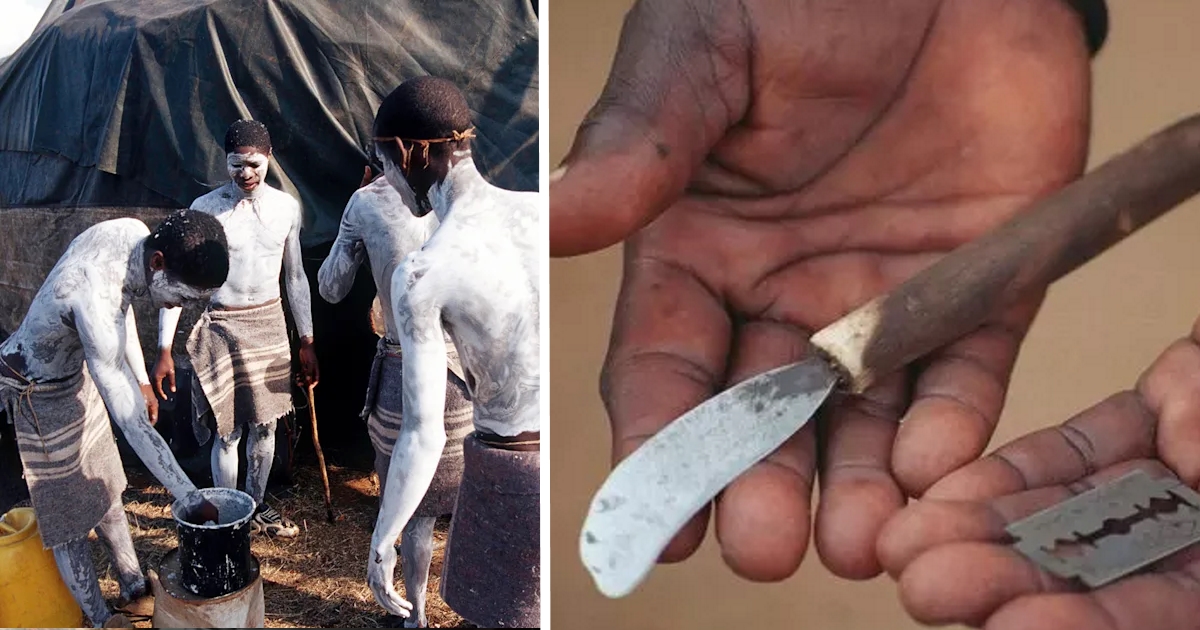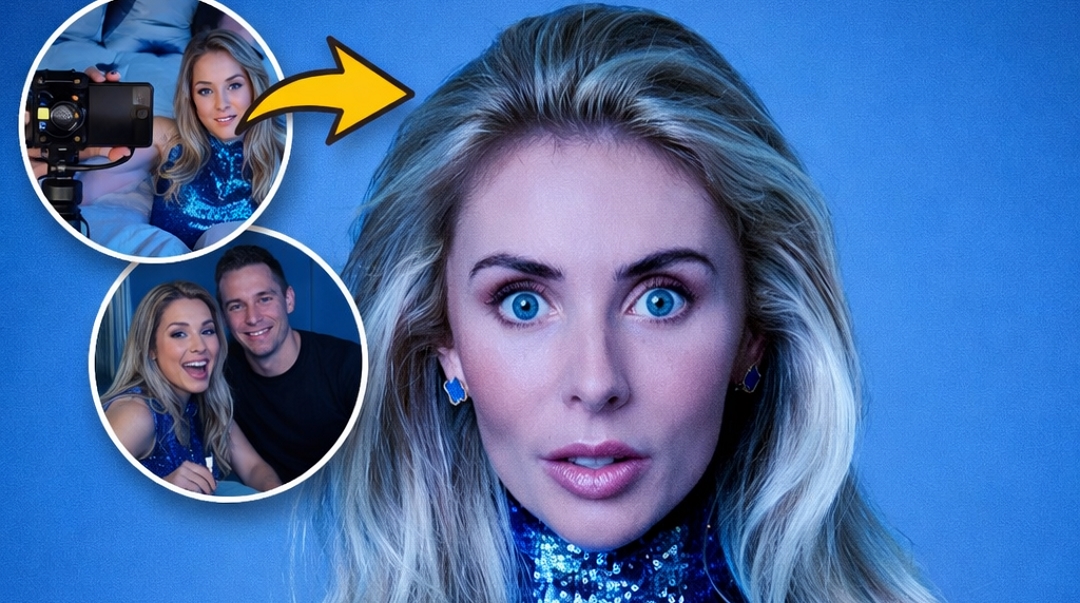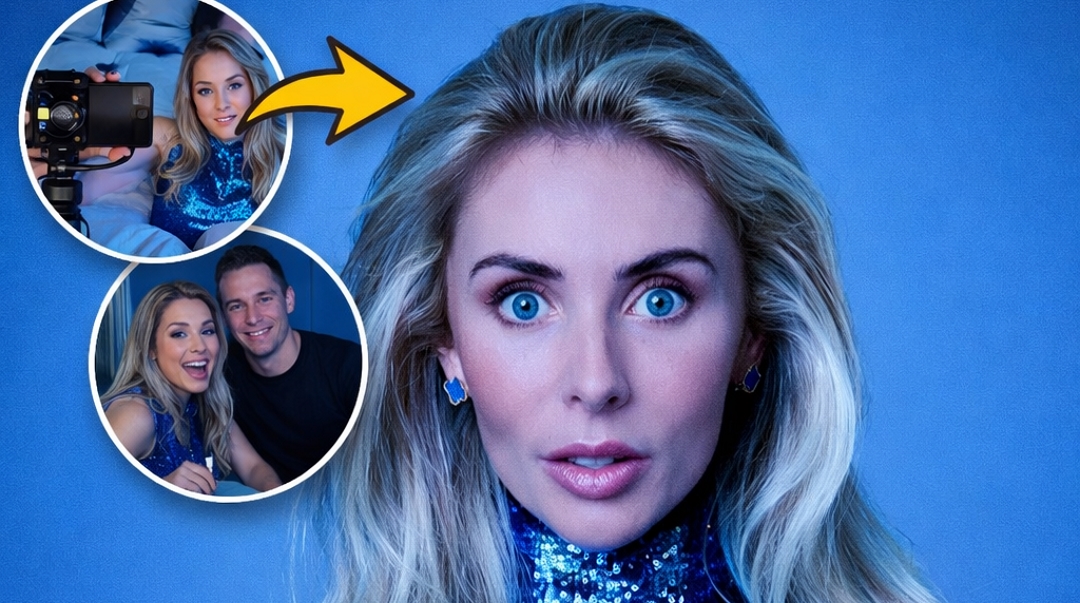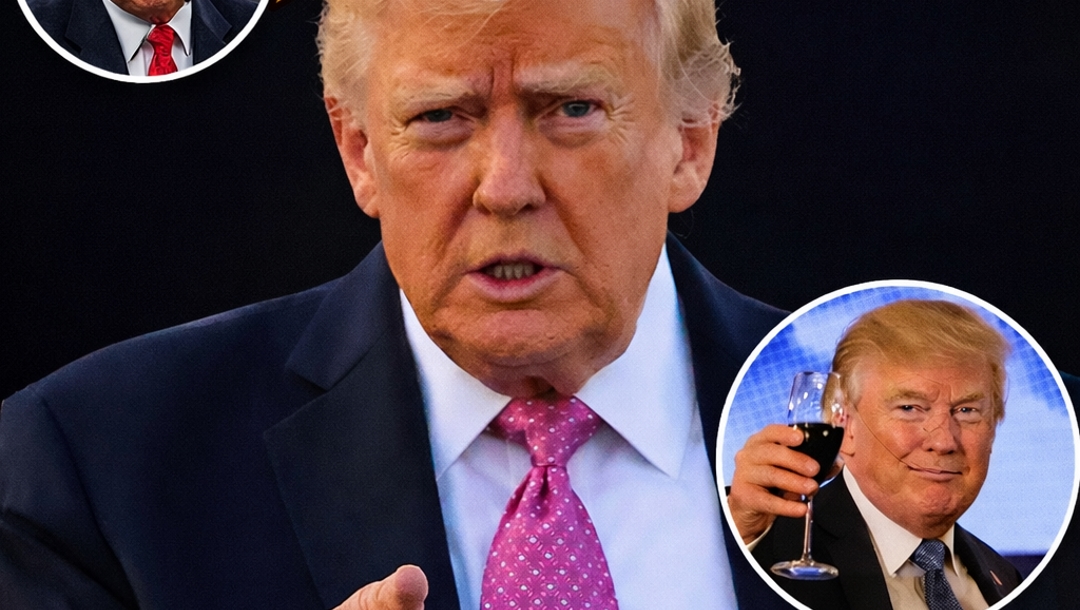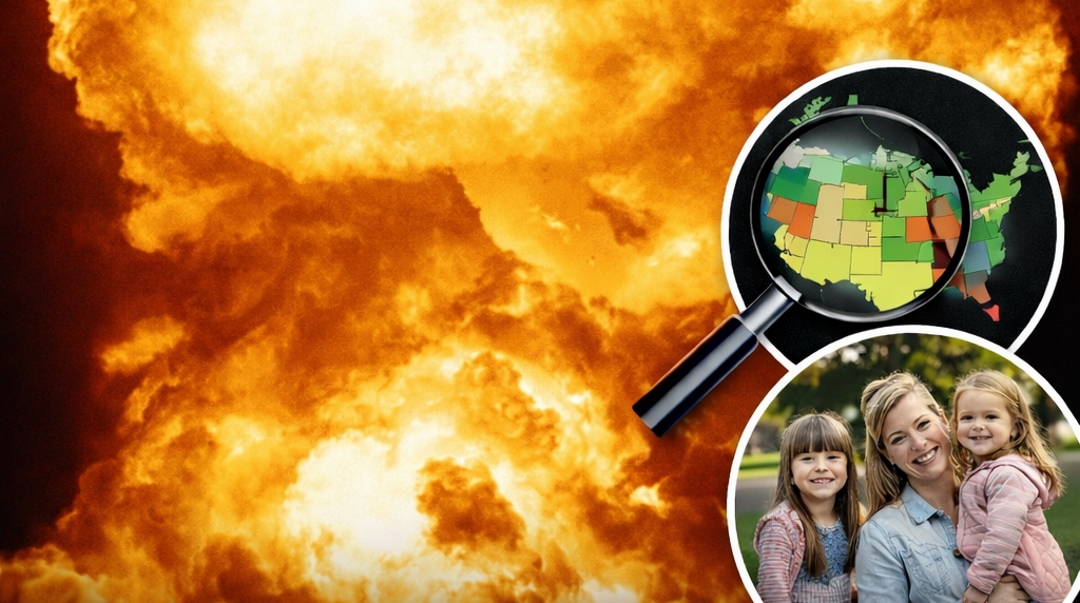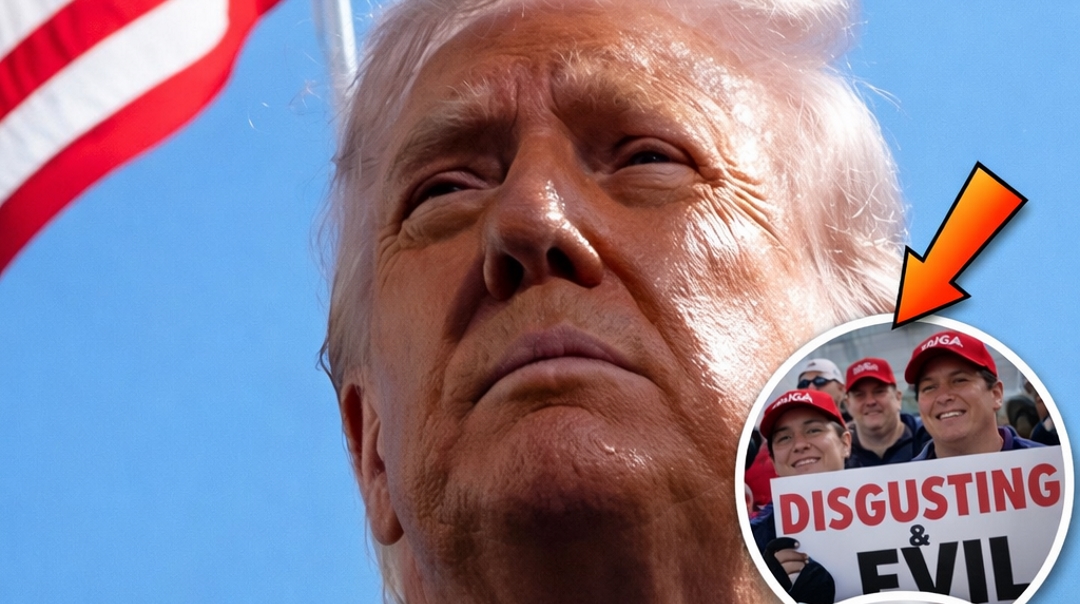Over the summer 2025 Ulwaluko initiation ritual—a traditional Xhosa **mass circumcision ceremony** marking the transition from boyhood to manhood—tragically ended with **39 teenage boys dead**, and **dozens more suffering mutilation or severe infection**. The devastating toll marks one of the deadliest years in recent memory for this centuries-old rite of passage as reported by UNILAD and echoed by **News.am** in global context News.AM confirms death count.
Ulwaluko is central to Xhosa culture, representing discipline, communal belonging, and initiation into manhood. Boys, typically aged between **16 and 26**, are secluded in traditional huts (bhomas), undergo weeks of seclusion, dietary restrictions, and calls to return purified to society. The final phase involves ritual circumcision performed by traditional surgeons using often unsterilized tools—leading to **infection, gangrene, dehydration**, and in some cases, amputations or death Ulwaluko ceremony overview and health concerns and **Bored Panda’s report on fatalities** on 2025 death figures and mutilations.

“Despite a zero‑death target, these illegal rituals again claimed dozens of young lives.”
Government figures indicate that **93 boys died in 2024**, and a shocking **361 have died over the past five years** from complications tied to Ulwaluko. In 2025, even though the death toll fell, the lives lost—and injuries incurred—underscore persistent failures in regulation New York Post recounts statistics and injuries and *The Express* adds insight into amputations and dehydration risks Express News on historic mortality trends.
Authorities attribute the tragedies largely to **illegal initiation schools**—unregulated sites run by unscrupulous individuals charging parents, ignoring age limits (some boys reportedly as young as 12), and using blunt, improperly sterilized instruments. Some clinics have retained boys by force, and bodily harm has included severe infections or even consensual refusals punished fatally UNILAD on illegal operations and government condemnation and **News.AM** report of sepsis and dehydration causes News.AM detailing medical consequences.
The **Customary Initiation Act**, introduced in recent years, mandates registration of initiation schools and qualification of traditional healers. Officials including Minister **Velenkosini Hlabisi** have vowed to shut down non‑compliant institutions—committing to halving illegal schools by 2029. Chairperson **Athol Trollip** of ActionSA emphasized action against untrained practitioners as central to saving lives on official reform pledges and **News.AM** captures escalating accountability on ministerial vow for zero tolerance.
Notable critics like Archbishop **Desmond Tutu** have long advocated for collaboration between traditional leadership and medical professionals, urging respect for cultural heritage without sacrificing safety. He called Ulwaluko both spiritually meaningful and deeply in need of reform after seeing countless preventable deaths UNILAD quoting historical criticism and **Wikipedia’s context on calls for medical integration** on Tutu’s appeal for health oversight.

The toll of this rite extends far beyond physical harm. Survivor testimonials describe agonizing pain, long hospital stays, societal pressure, and post-initiation weakness. One young man, Scotty Dawka, recalled entering the school terrified but feeling compelled to conform—he survived, yet saw peers die or suffer irreparable injuries NYPost interview reflecting survivor sentiment and *The Express* captures similar testimonies with vivid survivor quotes.
While some view Ulwaluko as essential cultural identity, critics highlight the systemic lack of emergency medical care during the initiation period. Many schools restrict water to prevent urine, exacerbating dehydration. Bandages are so tight they cut blood flow, and death from untreated infection often goes unreported. The silent suffering is compounded by oath-secrecy: initiates sworn not to speak of the process, under threat of ostracism or violence cultural secrecy and rite structure and **Bored Panda’s report on invoking societal silence** on emotional trauma and culture.
This cultural tragedy underscores a painful conflict: tradition versus public health. As the 2025 season closes with renewed grief, many South Africans are asking whether respectful reform can preserve heritage without sacrificing lives. Can Ulwaluko evolve safely—or must it change forever to survive?

